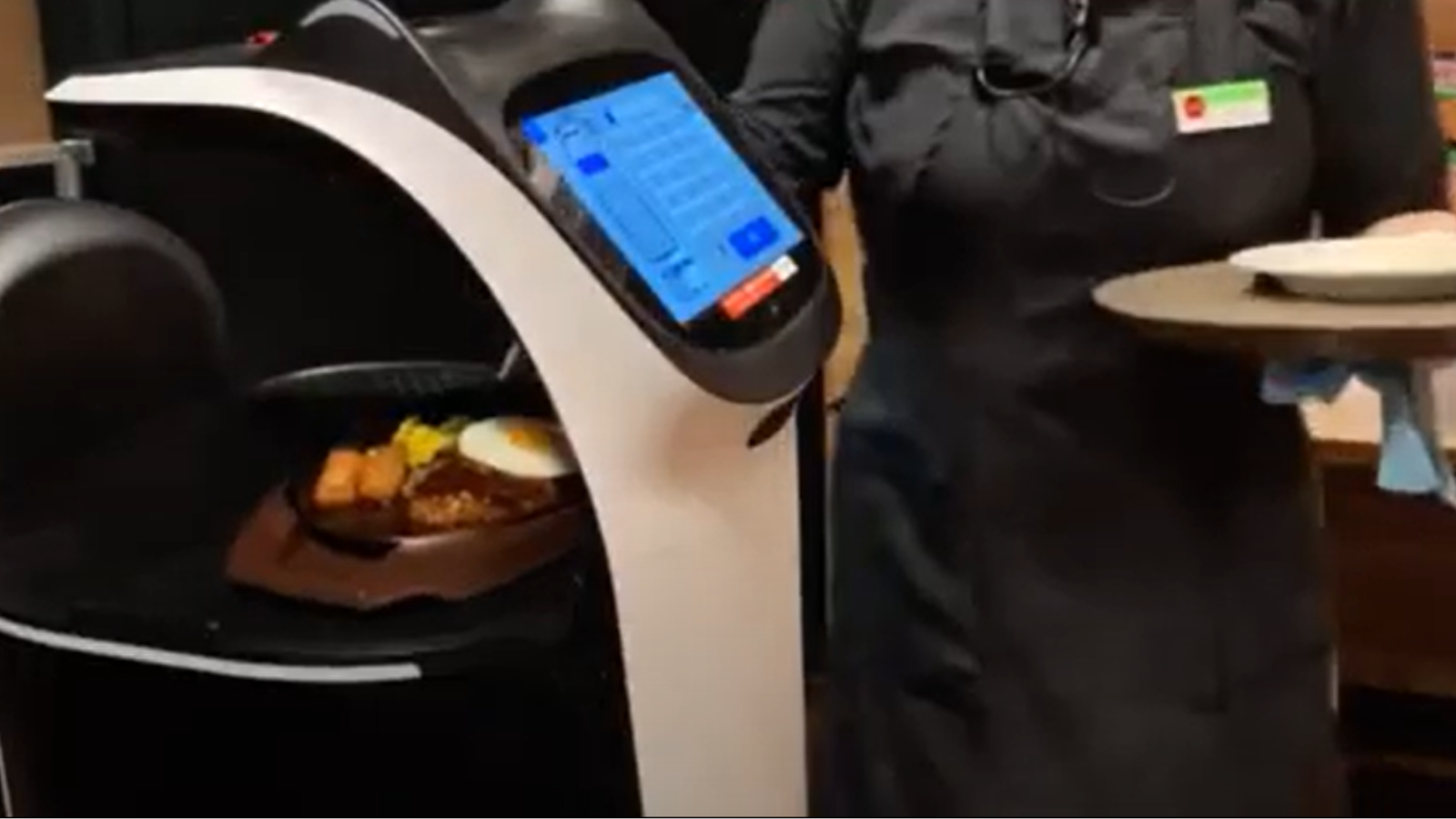Technology revolutionizes Asia’s food service industry, enhancing customer experiences and operational efficiency. From AI in quick-service restaurants to innovative apps, tech is key to thriving in a competitive market.
Technology is fast emerging as a crucial tool for the ever-changing food service landscape in Asia by seamlessly transforming the dining experience of customers into a futuristic affair. Players in the food service sector, especially quick-service restaurants (QSR), are deploying innovative artificial intelligence (AI) tools to enhance customer experiences as well as improve operational efficiencies to boost their bottom line in a highly competitive environment, says GlobalData, a leading data and analytics company.
Parthasaradhi Reddy, Consumer Lead Analyst at GlobalData, comments: “There is a growing adoption of digitalization tools, including mobile apps and self-service kiosks, as well as innovative engagement initiatives such as delivery platforms, to improve customer experiences. Tech-savvy Asian shoppers, often the Gen Z and Gen Y customers, appreciate the convenience of high-tech attributes and smartphone/app compatibility. This is concurred by 31% of Asian millennials in a recent GlobalData survey wherein they admitted finding high-tech attributes to be essential, while 26% of Gen Z respondents stated the same*.
“McDonald’s China, for instance, is testing RFID technology aimed at reducing the time required for stocktaking, thus improving supply chain competency. Yum China, on the other hand, rolled out an innovative app leveraging AI to provide insightful recommendations to customers while simultaneously being senior-friendly with an easy-to-use interface.”
Tim Hill, Key Account Director, GlobalData Singapore, adds: “While third-party delivery services have already seen a rise in penetration across the foodservice landscape, the next few years will be significant for improvements in the dining space, thanks largely to new and innovative technologies.
“The integration of technology is designed to boost the evolution of Asia’s foodservice industry, overhauling every aspect, including food preparation, customer interaction, ordering, dining, and delivery experiences for both customers and outlets alike. Technology can also help alleviate logistical challenges such as labor shortages in the industry. For instance, Skylark Group, Japan’s largest restaurant group, deployed approximately 3,000 units of BellaBot, developed by China’s PuduTech, across its 2,300 outlets. The robots are designed to respond to multiple situations with nearly 100 dialogues and can be utilized for various services including bussing tables and hosting.”
Reddy continues: “The integration of technologies ranging from mobile apps to kitchen management systems is completely revitalizing the restaurant experience for customers.”
Hill concludes: “Economic volatility is making consumers price sensitive and forcing them to give up loyalty to explore new and varied foodservice outlets. Restaurants therefore view AI-based robots as an effective means to boost guest experiences without increasing costs.”
*GlobalData 2023 Q4 Consumer Survey – Asia & Australasia, published in August 2023, 6000 respondents
Theodore is the Co-Founder and Managing Editor of TravelDailyNews Media Network; his responsibilities include business development and planning for TravelDailyNews long-term opportunities.




![[PR] PR_Ascott and Vimut Hospital_2024](https://www.traveldailynews.asia/wp-content/uploads/2024/04/PR-PR_Ascott-and-Vimut-Hospital_2024-400x265.jpg)































































